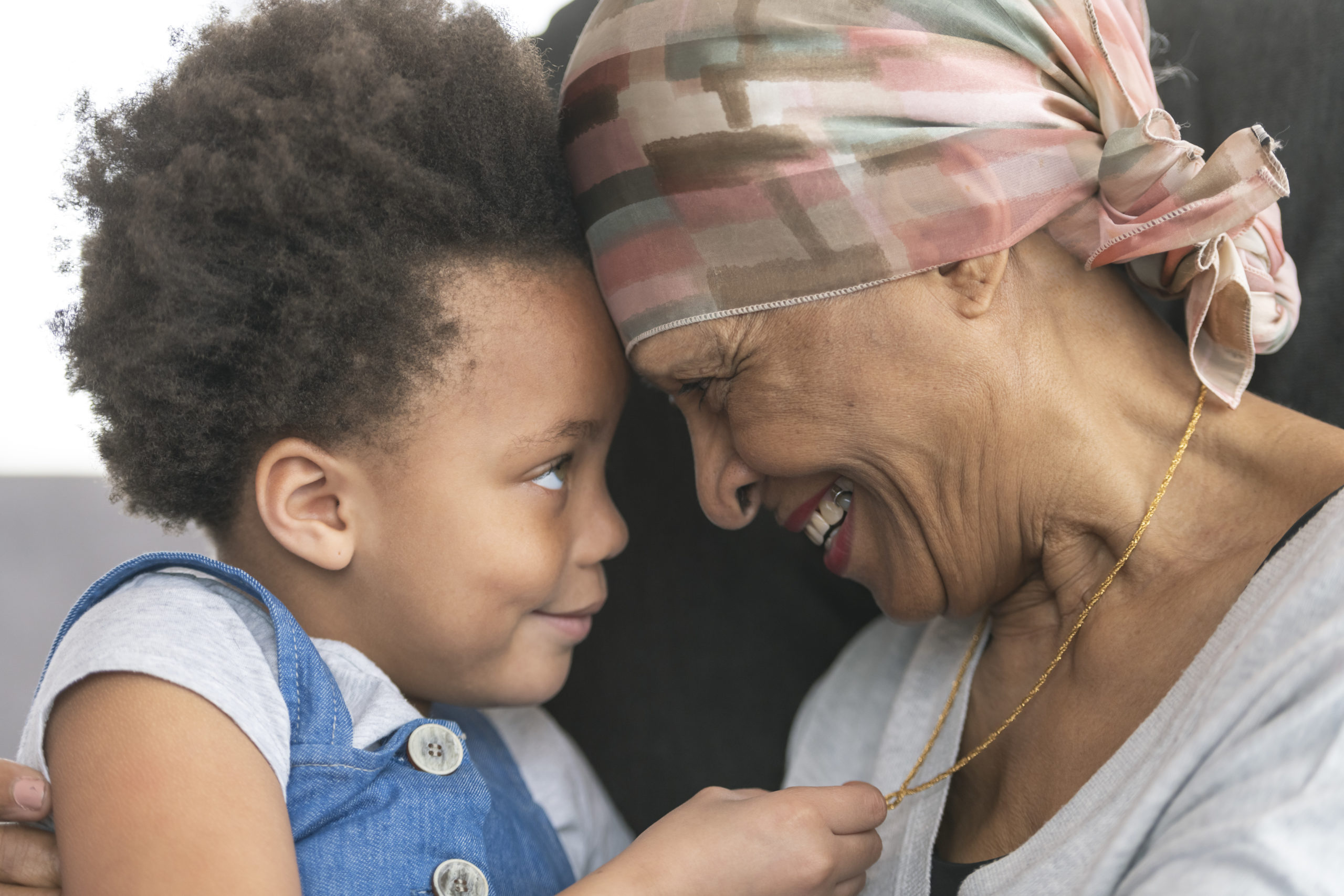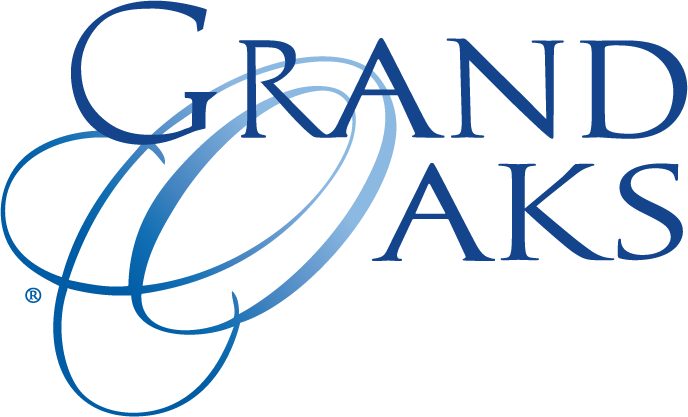7 Min Read
Breast Health for Seniors

This Breast Cancer Awareness Month, we’re discussing the breast health of senior women. The older you are, the more likely you are to get breast cancer. In fact, the average age of breast cancer for women is 62—about half were diagnosed after the age of 42.
Why does age increase the risk of breast cancer? The older you are, the more likely abnormal changes are to occur in cells. And when those changes occur, cancer can form. And as we age, our bodies are less capable of repairing genetic damage. The key to preventing breast cancer is to be aware of your risks and take special actions to reduce your chances of developing breast cancer.
First, let’s take a look at the risk factors.
- Risk factors you cannot change
- Age—Most breast cancers occur in women over the age of 50
- Personal history of breast cancer or non-cancerous breast disease
- Family history of breast or ovarian cancer
- Previous radiation therapy treatment
- Reproductive history—If you’ve started menopause after the age of 55, your risk for breast cancer is higher.
- Certain genetic mutations
- Having dense breasts
- Risk factors you can change
- Lack of physical activity
- Being overweight or obese after menopause
- Some forms of hormone replacement therapy
- Drinking alcohol
- Having your first pregnancy after age 30, not breastfeeding, or never having a full-term pregnancy
The main risk factors are being female (though breast cancer can develop in men, too) and age. Unfortunately, you can’t stop the aging process, but you can make lifestyle choices that impact your risk.
So, what can you do as you age to help prevent breast cancer?
- Don’t miss a screening! Breast cancer screenings can’t prevent cancer, but they can help to find it earlier when it’s easiest to treat. Women ages 55 and older should have a mammogram every two years or continue yearly screenings as recommended by your doctor. Talk to your doctor about breast cancer screening tests that are best for you.
- Maintain a healthy diet. Overweight and obese women have a higher risk of breast cancer, especially after menopause. Fat cells make estrogen, extra fat cells mean more estrogen in the body, and estrogen can make breast cancer develop and grow. Create a healthy eating plan that meets your nutritional needs.
- Get active. Regular exercise is one of the best ways to maintain weight. Research shows that exercising regularly at a moderate or intense level for 4-7 hours each week can lower your risk for breast cancer. From walking around your neighborhood to gardening, there are several exercises seniors can do to stay active.
- Reconsider hormone therapy. Hormone therapy can be used to treat hot flashes in women during menopause. But long-term use can increase the chances of developing breast cancer. Talk to your doctor about your treatment options.
- Quit smoking. You may know that smoking causes many diseases like lung cancer, but second-hand smoke can also put post-menopausal women at risk for breast cancer. If you don’t smoke, don’t start. If you do smoke, find local resources to help you quit.
- Limit alcohol consumption. Research shows that drinking alcohol increases a woman’s risk of hormone-receptor-positive breast cancer. It can also increase estrogen levels and other hormones associated with breast cancer. For example, women who have three alcoholic drinks per week have a 15 percent higher risk than women who don’t drink. You may choose to stop drinking to lower your risk or try to have two or fewer drinks each week.

0 Comments